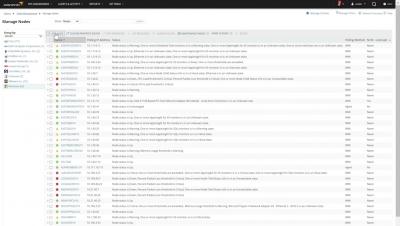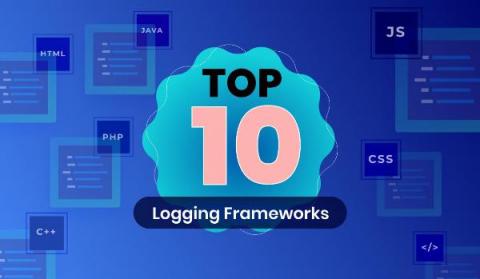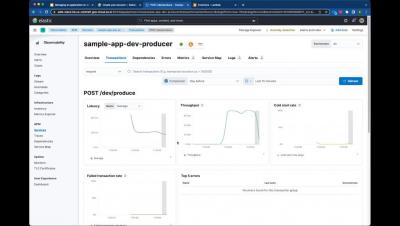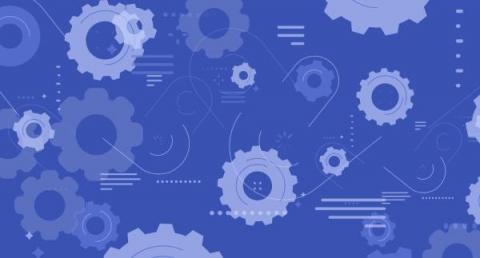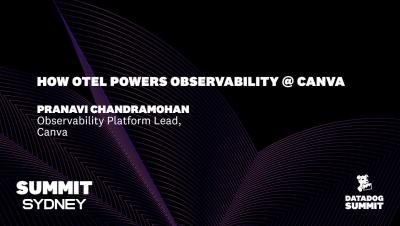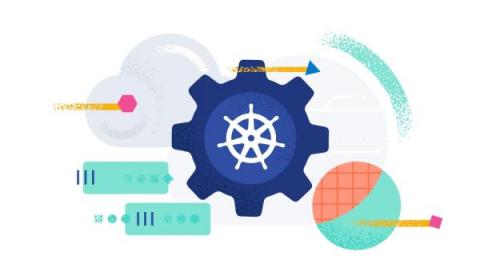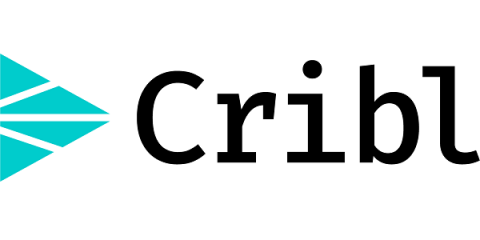Operations | Monitoring | ITSM | DevOps | Cloud
Observability
The latest News and Information on Observabilty for complex systems and related technologies.
Assessing Observability Maturity at Danske Bank
Top 10 Logging Frameworks Across Various Programming Platforms
A logging framework is a software tool that helps developers output diagnostic information during the execution of a program. This information is used to debug the program or monitor its performance. There are many different logging frameworks available, starting with simple logging libraries to full-fledged logging and observability platforms.
Top Reasons Customers Are Moving to SolarWinds Hybrid Cloud Observability
Tis the Season: 3D Observability for Prometheus + Grafana + Octoprint
You may get lucky this holiday season with a new 3D printer, either as a gift or something you give yourself as a reward for all your hard work this year. Household 3D printers have made tremendous strides in ease of use and affordability over the last decade.
Monitoring your Serverless Application on AWS Lambda with Elastic
Why AIOps is the Connector Between Monitoring, Observability and Incident Management
Over the years, as companies have moved from monolith to cloud-native architectures, maintaining high availability has become more challenging. After all, today’s IT ecosystems are complex, distributed and ephemeral, making it increasingly difficult (and, in many cases, downright impossible) for DevOps practitioners and SREs to identify and fix issues manually.
How OpenTelemetry Powers Observability @ Canva
Modern observability and security on Kubernetes with Elastic and OpenTelemetry
The structured nature of Kubernetes enables a repeatable and scalable means of deploying and managing services and applications. This has led to widespread adoption across market verticals for both on-premises and cloud deployment models. The autonomous nature of Kubernetes operation, however, demands comprehensive, fully-converged observability and security. This is uniquely possible today using the Elastic platform.
Top 12 Observability Benefits for Your Company
Observability is a growing practice that provides many benefits to IT and DevOps teams. With greater visibility into their environments, teams can determine the state of the system, predict issues, and mitigate them before end users are impacted. Observability makes data more usable and in turn, businesses reap the benefits of having great insights. Are you on the fence on whether to get started with your own observability practice? Check out these 12 observability benefits and get started today!


